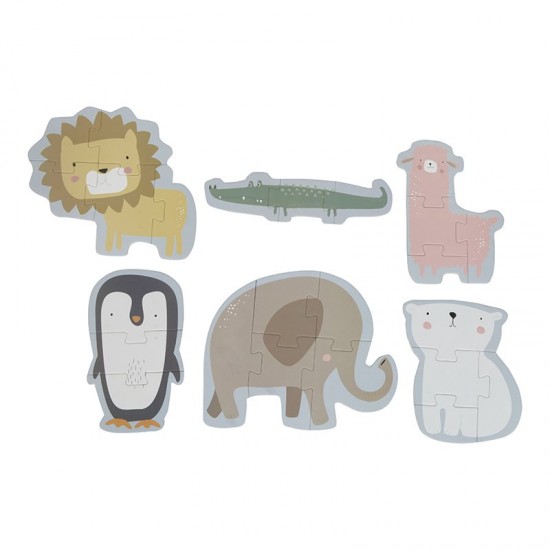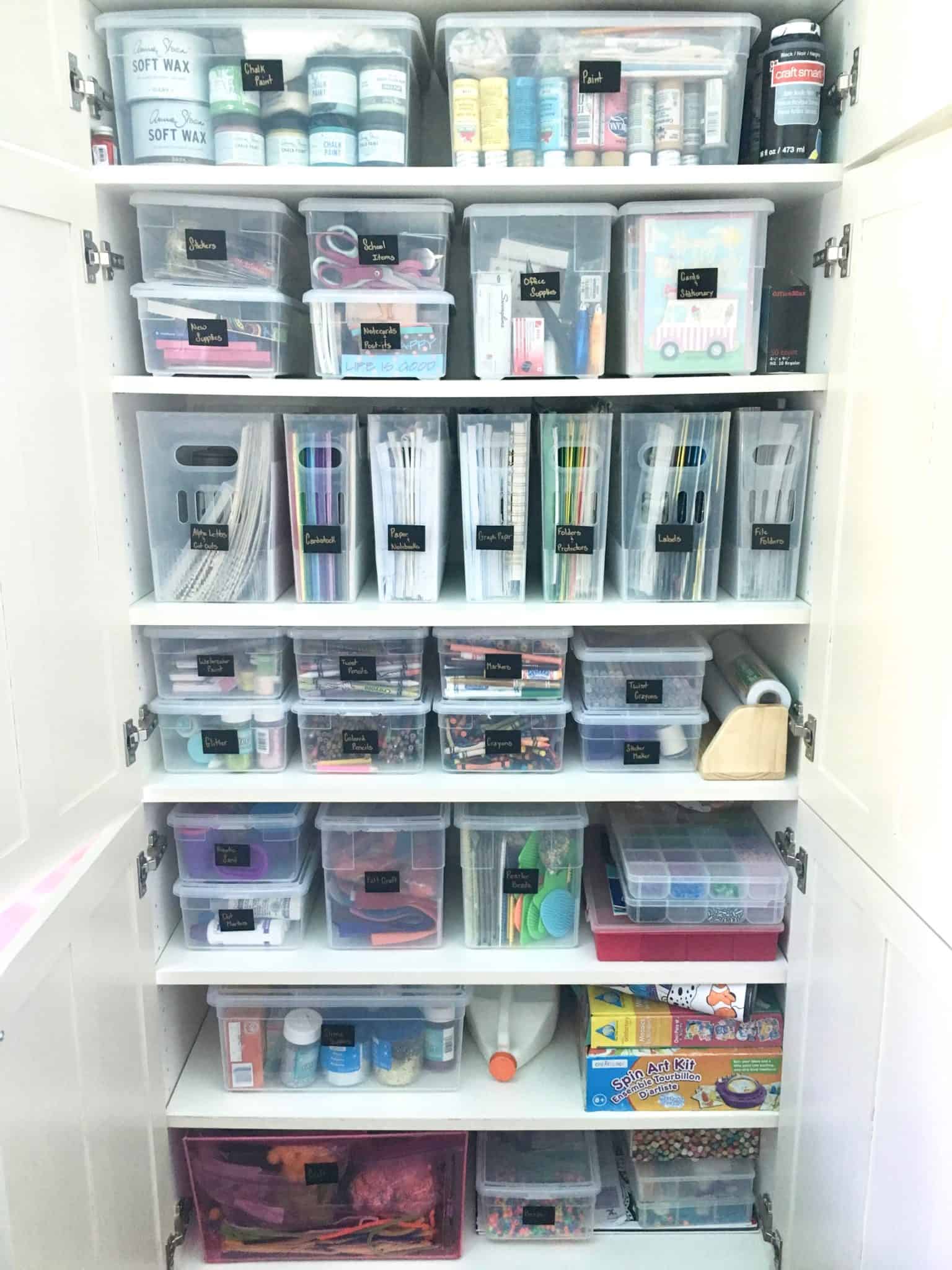
Recycling and repurposing can turn an ordinary item into a treasured one. Here are some ideas for recycling and repurposing items. For example, you can recycle a PET bottle which is very harmful for the environment to make a vintage lamp or clock. You can also transform a bicycle rim into a unique clock. The conversion process is easy and requires only a couple of steps. To create your own unique timepiece, you can attach plastic numbers to the clock mechanism.
Items that have been repurposed
There are many ways you can reuse items, including the ones in your own home. For example, you can make a jewelry hanger from scrap wood. A display shelf can also be attached to the hanger. Old wine bottles can also be used to create a tabletop display. There are many possibilities to turn trash into treasure.

One of my favourite hobbies is repurposing old items. I love the idea of transforming junk into something useful and beautiful. Some of these projects started out as trash. Others were saved from yard sales, thrift stores, donation piles and thrift stores. It's easy to transform trash into treasure. You'll love it once you have seen it. You will find tons of ways to save time and money online by upcycling.
Recycled goods
It is possible to recycle items and turn trash into valuable treasure. You should first find a few things you can reuse. These items can be reused and saved from the landfill. Next, find creative ways to reuse the items. You can turn an old pallet into a goat feeder or an old security window into a planter box. There are many options.
My favorite hobby is recycling old junk. It's a joy to transform old junk into something useful and beautiful. Some of these upcycled items began as literal trash, but were salvaged from donation piles or thrift stores.
Upcycled items
Recycling your trash is a great way of making extra cash. You can either sell your upcycled items online, or in your community. Etsy is an excellent online marketplace that allows you sell your upcycled products for very low fees. Facebook Marketplace offers another option, which allows you to either sell items locally or internationally. You could also opt to sell your items in-person. You can find items in your own home or ask family and friends to donate unwanted items.

Upcycling refers to the process of creating new items from trash and reusing existing ones. It helps reduce the amount of waste that we produce and makes it possible to live a more eco-friendly, sustainable lifestyle. Here are some projects that you can upcycle.
FAQ
What are some enjoyable hobbies for seniors
Senior citizens should find activities they love to do. They should also be active and take part in activities such as sports or other physical activities.
They might be interested in joining clubs that offer similar interests. They'll be less lonely as they get older.
Seniors must also be on the cutting edge of new trends. For example, they could follow fashion, art, music, literature, politics, etc.
What are competitive hobbies?
Running, swimming, cycling and tennis are all competitive sports.
These games are often played by people who enjoy exercise but also offer the opportunity to interact with others.
If your hobby involves physical activity, you will likely find other people who share it.
This could include joining a club/group that allows you to play sports together regularly.
You could also opt to take part in team games that involve playing alongside others.
These include cricket, football, netball, hockey, netball, soccer, rugby, cricket, rugby, batsball, hockey, volleyball, badminton squash, handball and table tennis.
There are many types competition.
Some competitions may be held for pure recreational purposes.
Others are intended to test competitors' skill.
Others are also designed to reward exceptional performance.
These cases result in prizes for the winners.
Other competitions are designed to test the strength and stamina of competitors.
These are known endurance events.
For example, marathon races, triathlons, Ironman Triathlon, etc.
Athletes often train hard before competing in these events.
They will be required to follow a rigorous training program in order to prepare mentally and physically.
They might also have to travel for preparation.
It is important that you remember that not every athlete can compete in every type or event.
What hobbies are best for introverts and what types of hobbies would they enjoy?
Introverts have the ability to focus on one thing at a time. They are more comfortable with solitary activities, such reading, writing, music, and watching movies.
They also love to spend quiet time by themselves. However, they do not enjoy socializing all day long. In fact, they often find themselves bored when surrounded by people.
Introverts will often choose hobbies that require them alone. They might enjoy reading, listening to music or taking photos, painting, writing poetry, and other such activities.
Many introverts choose to live alone. They can concentrate on their hobby without being distracted.
How do you get started with your new hobby or interest?
The first step toward starting any new hobby is to decide what kind of activity you'd like to pursue.
Once you have decided on your subject, passion is the key.
It is essential to understand the reasons you want to start a hobby. It will give you some direction and purpose.
Once you decide what kind of hobby you want, you can start planning.
Think about what equipment you'll need to purchase.
You might need to consider whether you should attend classes or seminars.
You should ensure that you have enough space to enjoy your hobby.
It might also be worth considering joining a group or club. These groups are often supportive and offer advice.
Finally, think about how much money you would need to spend on your hobby.
How do I find a hobby to pursue?
It can feel overwhelming to start your search for a hobby when you first begin.
You're probably thinking, "I'm not very artistic," or "I'm terrible at sports," or maybe even "I don't know anything."
You probably have plenty of experience and knowledge to use when you are looking for hobbies.
It's not that you don’t realize it yet.
Take a good look at what you have in your house. Do you have a lot of stuff?
Do you have any old toys lying around?
Perhaps you have a collection.
Perhaps cooking has been something you've wanted to do all your life.
Perhaps you just want to pick up the guitar again.
It doesn't matter what it is, you can probably turn it into a hobby.
The key is to realize that you already have plenty of experiences to draw upon.
Once you do that, you can choose a hobby to fit your life.
Statistics
- Studies show that just six minutes of reading can reduce stress levels by 60 percent. (oberlo.com)
- 37% Video Games 36% Travel 36% Health and Fitness (quizexpo.com)
- I am 100% biologically a woman (discover.hubpages.com)
- The Role of the Mind in Sex, Dating, and Love: Men in the “humor” condition received phone numbers from 42.9% of the female participants and were refused 57.1% of the time. (time.com)
- Almost 80% of people claim to have no hobby. (hobbylark.com)
External Links
How To
How to get started gardening
Gardening is one among the oldest forms. It takes patience, persistence, determination, and perseverance. It is important to choose the right location for your garden. This could be a large plot of land or even just a small area in your backyard. Next, choose what kind of plants you would like to grow. Do you prefer vegetables, or flowers? Some people enjoy growing herbs while others love raising livestock such as rabbits. Before you decide what crops to plant, you should think about how much space is available. If you live somewhere that has cold winters, it might be a good idea to grow berries or fruits.
Once you have selected the plants you wish to plant, you should prepare your soil. Soil is essential in determining whether your plants will thrive or fail. The soil should be rich in organic matter to provide nutrients for your plants' roots. Organic matter includes things like leaves, twigs, grass clippings, manure, and compost. You need nutrients to your soil after you have prepared it. The type of plant you intend to grow will dictate the amount of nutrients you need. You can calculate these values online with a fertilizer calculator. Many fertilizers are on offer, so make sure that you know which one you are buying.
After you have prepared your soil, and added the correct nutrients, you will need to wait until your seed germinates. This process usually takes anywhere from 2 weeks to 3 months, depending on the weather and the temperature in your area. After seeds have sprouted, water them every day. Too much or too little water can cause problems. You should ensure that your plants get enough water at regular intervals. Avoid overwatering. Overwatering can result in root rot, fungal diseases, and even death. It is important to remember that plants will need less water in summer than in winter when watering them. Remember that some plants require drying out after being watered. For tomatoes, it is important to keep them moist but dry. Soggy soil is not good for them. After the plants have finished flowering they must go dormant. Dormancy is when plants stop producing new growth and begin storing energy for the next season's harvest. During dormancy, the plant stops sending signals to its roots telling them to produce food. Plants continue to store energy throughout this period. If temperatures fall below freezing or the plants are not getting enough sunlight, they will die.
Urban areas can limit your choices for plants. Concrete sidewalks, roads and buildings are common in urban areas. They block sunlight from reaching the ground. Concrete absorbs light and prevents soil below from getting sufficient sun exposure. Many plants can't thrive in urban environments because they lack sunlight. There are still plants that thrive in urban environments. Many trees, shrubs, perennials, and other plants can adapt to urban life. Many annuals can be grown indoors, too, in containers. Container gardens allow you to bring fresh greenery into your home year-round regardless of the weather outside.
Now you're ready to plant.